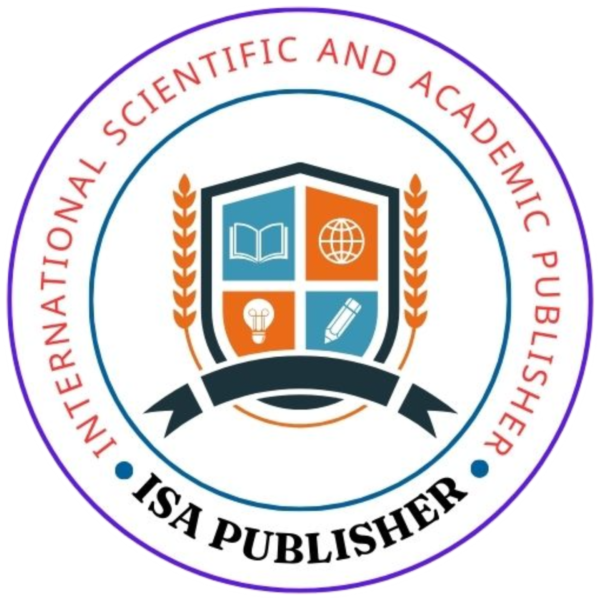What Did the Deceased Want to Say?
- Diana A. Sokolova
- DOI: 10.5281/zenodo.15255045
- ISA Journal of Multidisciplinary (ISAJM)
For the study, a request
to conduct a forensic linguistic examination was presented to an author. A
subject matter of a dispute was a will which was drawn up by the testator K.,
who was a citizen of Russia, but lived permanently in Italy, and was equally
fluent in Russian, English and Italian. A dispute lied in the uncertainty that
arose in the interpretation of a phrase recorded in a will.
This article is devoted
to the study of lexical meaning of the word “Europe”, which during the court
hearing revealed disagreement among the heirs. During the study, various
methods of linguistic analysis were used, including a survey. In addition,
during the study, a search was made for the context in which this word was used
using the language Corpora of the English and Russian languages, and its
analysis was carried out.
The purpose of the study
is to comply with the court’s request responsibly, which an author took very
seriously. Our mission was to answer the question to whom the testator really
wanted to bequeath the property located in Europe.
We have at our disposal a
wide variety of multiple lexicographical dictionaries, however, when conducting
a study requested by the court: “What did an author mean in this text?”, a
forensic linguist needs to turn not only to the interpretation of a word
recorded in the dictionary, but also to carry out more in-depth analysis of an
author’s context and intent.
The meaning of each word described in modern sources has limited semantics, since it is considered statically. A person, as a native speaker, does not turn to a dictionary to study the meaning of a word before using it. It is a common situation when a word is used in a completely different meaning than that recorded in the dictionary. This gap between language and thinking can lead to controversial situations, one of which will be discussed in this article. Through a comprehensive experimental study to determine the meaning of the word “Europe”, we hope to be able to come closer to understanding the true intention contained in the testator’s will.

